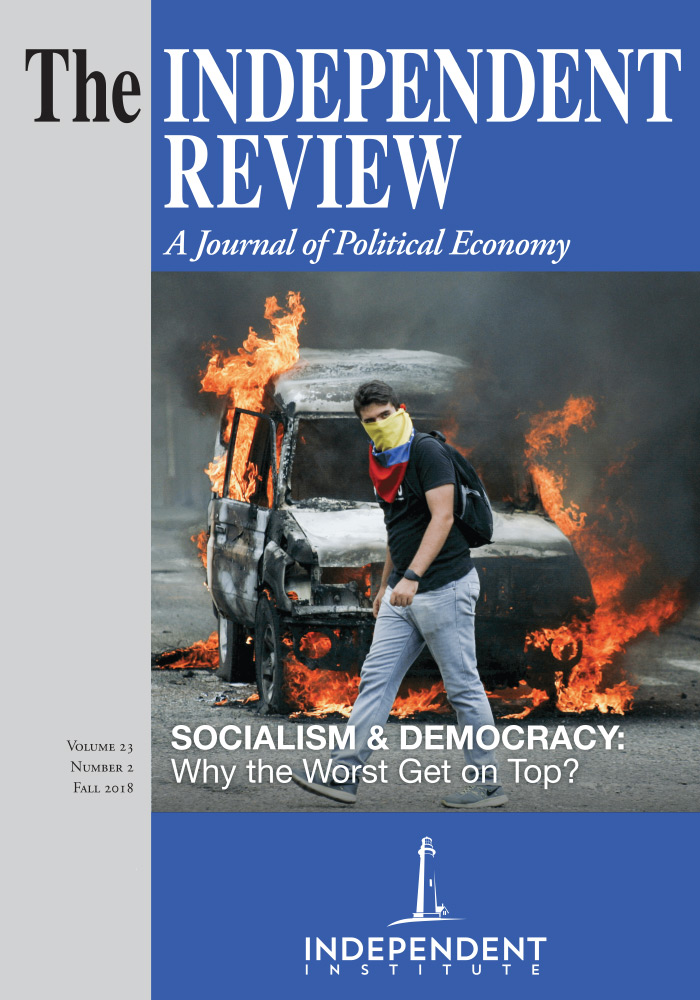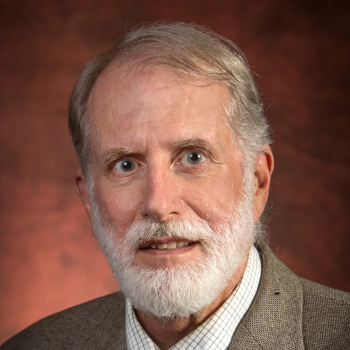According to the Coase theorem, in the absence of transaction costs, people who value resources the most will engage in mutually advantageous exchange to maximize the value of resources under their control. First published in 1960 to shed light on markets and property rights, Professor Ronald Coase’s famous insight also helps explain how political elites can impose costs on others, and thus provides an economic foundation for a theory that social scientists developed more than a century ago.
Randall G. Holcombe is a Senior Fellow at the Independent Institute, DeVoe Moore Professor of Economics at Florida State University, and author of the Independent book Liberty in Peril: Democracy and Power in American History.
| Other Independent Review articles by Randall G. Holcombe | ||
| Spring 2024 | Privatize the Public Sector: Murray Rothbard’s Stateless Libertarian Society | |
| Winter 2023/24 | Rethinking Economics as Social Theory | |
| Spring 2023 | Generation Gap: Why Baby Boomers Still Dominate American Politics and Culture | |
| [View All (24)] | ||










